Science: Medicine
Clara Raven
Reproductive Technology, New (NRT)
New reproductive technology has provided the solution for problems of infertility for hundreds of thousands of couples. For halakhically observant Jews, especially in the pro-natal state of Israel and in general in the post-Holocaust era, this technology has been a blessing but has also created a multitude of halakhic problems.
Esther Rome
A coauthor of Our Bodies, Ourselves, a classic women’s resource book, Esther Rome came of age with the onset of the modern feminist movement and was a leader in shaping modern American notions of self-help and advocacy for women’s physical and mental health.

Ora Mendelsohn Rosen
Despite her tragically short career, Ora Mendelsohn Rosen was a brilliant research physician and leading investigator of how hormones control the growth of cells. One of the few female members of the National Academy of Sciences at the time, Rosen’s biochemistry work fundamentally shaped our understanding of diabetes and cancer.
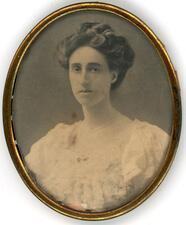
Esther Rosencrantz
An accomplished doctor and tuberculosis researcher in her own right, Esther Rosencrantz is remembered most for an intense interest in Sir William Osler, her mentor, whom she researched.
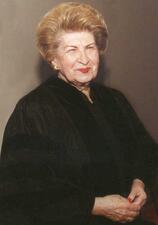
Hadassah Rosensaft
Dr. Hadassah Bimko Rosensaft played an instrumental role in saving the lives of fellow concentration camp inmates at Auschwitz-Birkenau and then at Bergen-Belsen. Rosensaft was later involved in the creation of the United States Holocaust Memorial Museum.
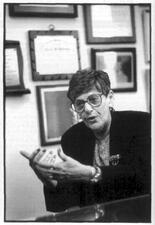
Ruth Rothstein
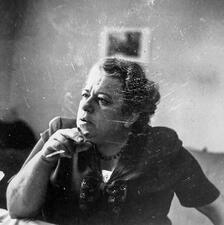
Sadie Shapiro
Sadie Shapiro was an American-Jewish medical social worker who made pioneering contributions to the field of rehabilitation. She developed a novel service for wounded soldiers during World War II that integrated medical care, rehabilitation, and occupational retraining. Regarded as the nation’s top expert in the field of medical social work, Shapiro was hired by the AJJDC to oversee medical social services among Holocaust survivors in the DP camps of Europe.
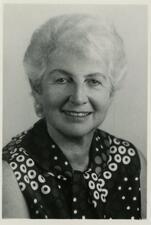
Eva Salber
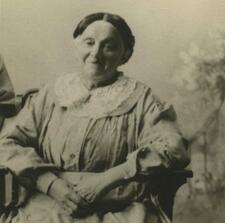
Hannah Sandusky
Regina Schoental
Our knowledge of toxic substances in plants, in fungi, and of aromatic and other chemicals that cause cancer owes much to the pioneering work of Regina Schoental.
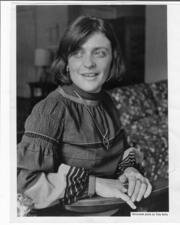
Barbara Seaman
Muckraking journalist Barbara Seaman survived a tumultuous childhood in New York City to become a bestselling author, a prominent second wave feminist, and, as a founder of the women’s health movement, an architect of informed consent. A lifelong scourge to the pharmaceutical industry, Seaman exposed the dangers of the high-dose birth control pill, hormone replacement therapy, and male doctors’ hubris.
Mindel Cherniack Sheps
As a pioneering physician, biostatistician, and demographer, Mindel Cherniack Sheps was acutely aware of the role science could play as a powerful social force. She taught that peace, social justice, and science were inextricably bound; humanism in any field must be based on social equity and knowledge.
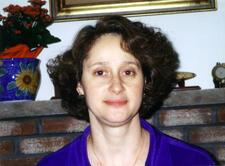
Abby Shevitz

Sarah Shmukler
Sarah Shmukler was a nurse and midwife who emigrated to Palestine from the Russian Empire during the Second Aliyah period. Her short life was characterized by providing medical assistance to migrant workers in Palestine and by close friendships with her fellow pioneers.

Judith Tannenbaum Shuval
Judith Shuval is one of the main scholars in the field of the sociology of health in Israel. Her research on migration and health, inequality in health, self-care in health, the doctor-patient relationship, and the processes of professional socialization has been based in concrete life in Israel and has broader implications for such topics cross-culturally.
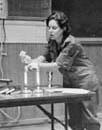
Marita Silverman
Rachel Skidelsky
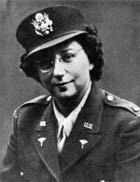
Frances Slanger

Karen Sokal-Gutierrez
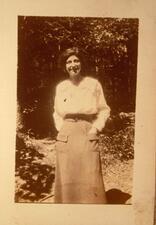
Maida Herman Solomon
Professor of social economy Maida Solomon was recognized as a pioneer in the field, contributing to the “invention” of the field of psychiatric social work and overseeing its definition, its development of standards, and its integration with the other institutions of modern American medicine and education—in short, its professionalism.
Bertha Kaplan Spector
Born in a Russian shtetl, Bertha Kaplan Spector became a bacteriologist whose authoritative research helped to control an epidemic of amebic dysentery during the Chicago Century of Progress World’s Fair. Her work contributed to a better understanding of the disease, as well as to new standards of hygiene.
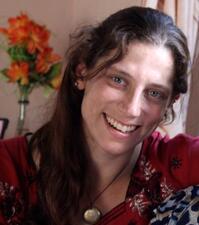
Laura Spero
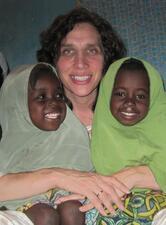
Laura Stachel
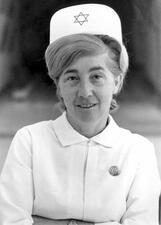
Judith Steiner-Freud
As a Holocaust survivor, Judith Steiner-Freud fulfilled her faithful and influential mission. From the 1940s to the 2010s, she devoted herself to the calling of transforming nursing into an academic profession, raising the status of Israeli nurses, and promoting the welfare of Israeli society and other diverse population groups.


